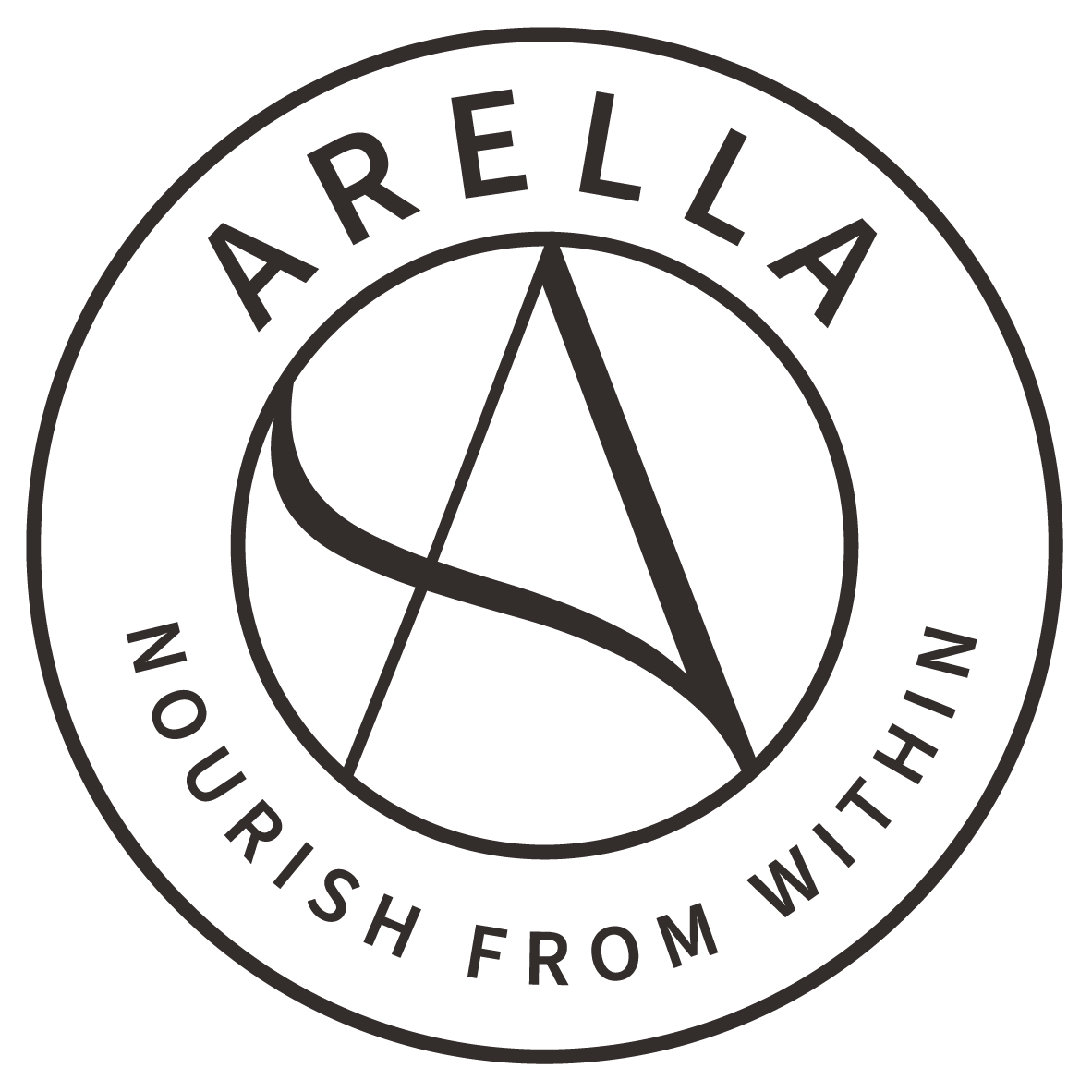
You’ve heard collagen is the key to glowing skin, smooth joints and healthy blood flow, but are you unknowingly destroying your collagen levels? In this article, we’re giving you a breakdown of how you might be breaking down collagen cells and ways to protect collagen to feel beautiful from the inside out.
What is collagen, and why do you need it?

Collagen is the most abundant protein in your body, and it’s created by amino acids, vitamin C and a host of other compounds. Your body naturally synthesises collagen in your fibroblasts before it’s transported through your bloodstream to cells. The role of collagen is to make strong, durable, elasticated and flexible cells.
After the age of 25, collagen levels start to dip, and you may experience a lack of bounce in your skin or weakened joints due to stiff tendons. Muscle recovery takes longer, and your hair and nails might become brittle and weak. There are also things you could be doing that are actively harming your collagen and leading to faster collagen degradation.
Read more: How To Know When To Start Taking Collagen.
The everyday habits that could be damaging your collagen levels

There are ways you can protect your collagen levels, as well as ways to make it decline faster. So, before we get into how to boost collagen, you need to learn how to prevent collagen from dropping in the first place. Here are some bad habits that may be negatively impacting collagen:
Regularly eating sugary foods

Everyone loves a KitKat or three. But eating high-sugar treats like chocolate, cake, and biscuits causes inflammation. Sugar triggers an immune response, and while this is a good thing in the short term to fight bacteria, it leads to low-grade inflammation in the long term.
A low-grade inflammation response is when the cells are constantly swollen, and the excess sugar in your body turns into glycation. The glycation then attaches itself to collagen cells, making them stiff and reducing their elasticity. The collagen becomes brittle and breaks, creating sore joints and deepening fine lines and wrinkles.
Read more: How to Get Rid of Inflammation in the Body Fast.
UV exposure

The sun contains UV rays (ultraviolet light) that you can’t see with the naked eye. When UV hits your skin, it triggers free radicals, which are unstable atoms. These atoms bounce about your body, damaging collagen and even causing some types of cancer. For instance, you’re probably aware that too much sun exposure can lead to skin cancer.
Being in the sun for excessive periods of time or lounging on a sunbed will gradually degrade collagen levels. This causes a damaged skin barrier, a crepey-looking texture, and premature ageing. You may also suffer from dry and itchy skin, no matter how many skincare products you apply.
Not getting enough sleep

The UK has a sleep epidemic, with 71% of UK adults not getting the recommended sleep of 7-9 hours. This is a significant problem for collagen because collagen synthesis increases overnight.
When you sleep, your body doesn’t use energy for tasks like movement, making decisions, and interacting. Instead, it can focus on repairing muscles, increasing cell turnover and producing collagen. It’s also a time to detoxify and flush out toxins or balance hormones that may harm collagen.
When you don’t get enough sleep, collagen synthesis drops, and your body has no time to remove collagen-harming toxins. As a result, they stay in your system, attacking and damaging collagen. That’s why when you’re tired, you may wake up with enhanced fine lines around your eyes and dryer skin.
Read more: Does Collagen Help You Sleep? Everything You Need to Know.
Drinking excess alcohol and smoking

Alcohol and smoking raise the stress hormone cortisol. While cortisol is good in short bursts, such as during exercise or fighting an illness, it can have long-term disastrous effects on your body. Cortisol reduces blood flow by swelling artery walls, and it attacks collagen, making blood vessels stiff and weak.
It also deteriorates cells in the gut barrier, triggering digestive issues and breaking down collagen in the skin. As a result, you can experience premature ageing, such as enhanced fine lines and wrinkles. Excess cortisol also reduces sleep quality, which is when the body removes toxins and increases collagen production.
High-stress levels

Stress is a killer of collagen because it decreases the happy hormone dopamine and increases cortisol production, which attacks collagen. You may find your muscles are taking longer to heal from a workout, or your hair is breaking more easily. Your joints could also become stiff and sore, and your skin starts to sag as the structure created by collagen begins breaking down.
Read more: What does collagen do for the skin?
How to protect your collagen levels

Knowing what negatively impacts collagen is one thing, but how can you stop it from degrading? Here are some quick tips.
- Take a liquid collagen supplement - The first thing to do is replenish the collagen you’ve lost with high-grade collagen. Arella Beauty’s Collagen Supplement is liquid for fast absorption and contains the world’s first vegan-collagen, VeCollal. You can read more about how it works here.
- Limit your sugar intake - We’re not saying you should eliminate sugary foods from your diet, but try eating them in moderation or choosing low-sugar options.
- Wear sunscreen and no sunbeds! - Staying out of the sun forever isn’t realistic, and you need sunlight to produce vitamin D. So, wear factor 50 sunscreen and replenish it every 2-3 hours when you’re outside. And avoid sunbeds because they are extremely damaging to collagen.

- Quit smoking - We don’t need to tell you that smoking is extremely damaging, not just for your collagen but for your heart and lungs.
- Avoid drinking excess alcohol - We’re all for a celebratory glass of champagne, but drinking in excess will negatively affect collagen. Don’t drink in high amounts, and try alcohol-free options.
- Get enough sleep - The average adult needs 7-9 hours of sleep, so try to get enough sleep to allow your body time to detox and rebuild collagen.
- Engage in relaxation techniques - Lower your stress levels with relaxing techniques that reduce cortisol production. Yoga, meditation, nature, socialisation, and getting fresh air are all things you can do to manage stress.
Read more: How To Reduce Hormonal Stress.
Replenish your collagen with Arella Beauty

Take Arella Beauty’s Collagen Supplement to double your collagen production in your fibroblasts in as little as 2 days and increase collagen production by 134%.* Get your supplement today and protect your collagen with Arella Beauty.
*According to independent clinical trials.
Read next:
- Collagen supplements: More than just a buzzword
- How Do Collagen Supplements Work?
- What to look for in collagen supplements
—
Written by Emma Carey for Arella Beauty.
Emma is a holistic beauty and wellness writer. She has three years of experience in the well-being industry and a Master’s degree in Creative Writing and Wellness. Check out her portfolio and follow her on Instagram.





